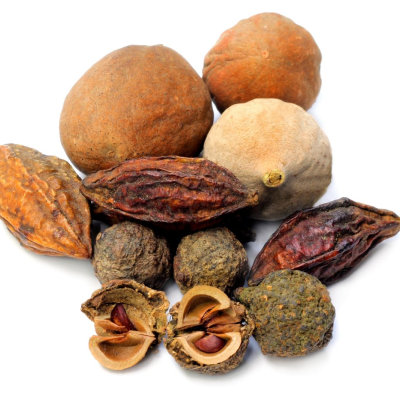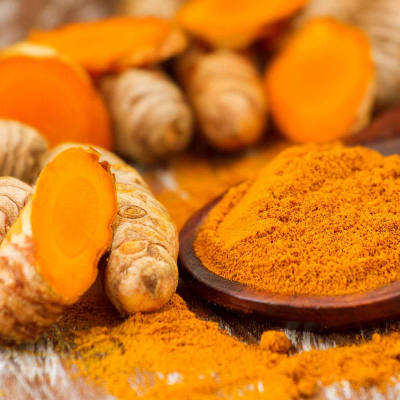- +033 2572 7171
- info@dhanvantary.com

4.5 Rating | 4500 Review

4.5 Rating | 4500 Review
Autoimmune disorders are a group of diseases where the body's immune system mistakenly attacks its own cells and tissues. Normally, the immune system protects the body from infections and diseases, but in autoimmune disorders, it becomes confused and targets healthy cells as if they were foreign invaders.

There are more than 80 different autoimmune disorders, and they can affect various parts of the body. Some common types include:
The exact cause of autoimmune disorders is often unknown, but several factors may contribute:
Understanding autoimmune disorders is crucial for several reasons:
Diagnosing autoimmune disorders can be challenging and usually involves several steps:
Dosha Imbalance:
Vata, Pitta, and Kapha:
Autoimmune diseases are often seen as the result of imbalances among the three doshas. For example:
Pitta: Imbalances in Pitta can lead to increased inflammation, which is common in conditions like rheumatoid arthritis and lupus.
Vata: An imbalance in Vata may result in irregular immune responses and contribute to neurological autoimmune conditions like multiple sclerosis.
Kapha: Excess Kapha can lead to sluggishness and congestion, impacting the immune system's efficiency.
Agni (Digestive Fire):
In Ayurveda, Agni is crucial for maintaining health. A weak Agni can impair digestion, leading to the formation of toxins (ama) that can trigger autoimmune responses. Strengthening Agni is essential for effective treatment.
Ama (Toxins):
Ama refers to the toxic build-up in the body due to poor digestion, unhealthy eating habits, or environmental factors. In Ayurveda, ama is considered a primary cause of many diseases, including autoimmune disorders. Removing ama is a critical focus of Ayurvedic treatment.
Mind-Body Connection:
Ayurveda recognizes the strong link between mental and physical health. Stress, anxiety, and negative emotions can exacerbate autoimmune symptoms. Mental well-being is emphasized in treatment plans.
Panchakarma is a series of cleansing and detoxifying treatments that help eliminate ama from the body, restore dosha balance, and rejuvenate the system. Common therapies include:

Benefits: Boswellia is known for its anti-inflammatory properties and is particularly beneficial for joint health. It may help reduce symptoms in conditions like rheumatoid arthritis.
Uses: Available in resin form, capsules, or as an extract.

Triphala is a blend of three fruits (Amalaki, Bibhitaki, and Haritaki) that supports digestion, detoxification, and immune function. It helps in balancing all three doshas.
Uses: Commonly taken as a powder mixed with warm water or as tablets.

Turmeric contains curcumin, a powerful anti-inflammatory and antioxidant compound. It helps reduce inflammation, supports liver health, and improves digestion.
Uses: Can be consumed as a spice in cooking, added to warm milk (golden milk), or taken as a supplement in capsule form.

Benefits: Licorice has anti-inflammatory, antioxidant, and immune-modulating effects. It can soothe the digestive tract and support adrenal function.
Uses: Can be taken as a tea, extract, or in capsule form, but should be used with caution, especially in individuals with high blood pressure.

Benefits: Tulsi is known for its immune-boosting properties and ability to reduce stress. It has anti-inflammatory and antioxidant effects and can help improve respiratory health.
Uses: Can be made into herbal tea, used as a culinary herb, or taken as a supplement.
